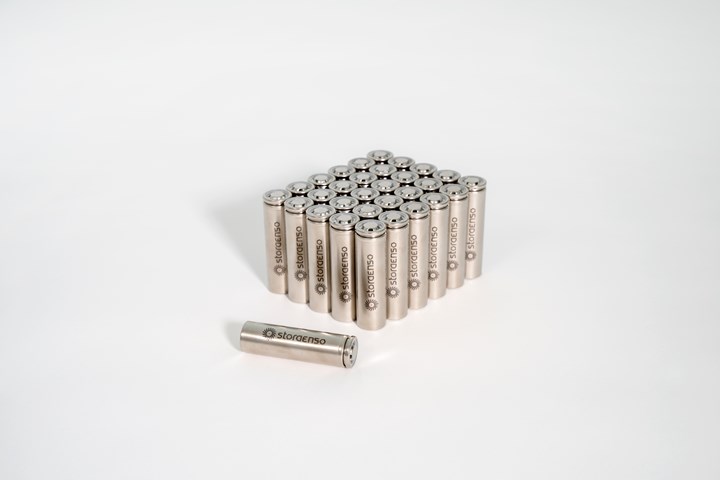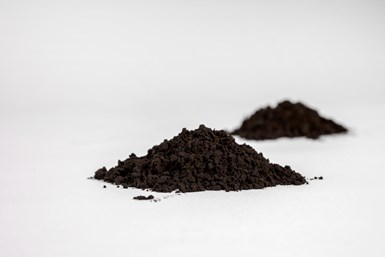Stora Enso opens pilot plant for lignin-based carbon materials for batteries
Carbon based-anode material Lignode, produced from converted lignin separated from wood, may be a sustainable replacement for graphite-based materials.

Biomaterials supplier Stora Enso (Stockholm, Sweden) announced on July 21 that its pilot facility for producing lignin-based carbon materials has started operations and is ramping up production. Applications of the wood-based Lignode product are said to include batteries for electric vehicles, consumer electronics and large-scale energy storage systems.
According to Stora Enso, the global battery market is projected to grow tenfold over the next decade as battery producers seek more sustainable materials for the electrification of mobility and reduced carbon emissions. The company anticipates its carbon based-anode materials, produced from converted lignin separated from wood, can be a more sustainable replacement for graphite-based battery anodes.

The pilot facility, located at Stora Enso’s Sunila, Finland production facility, represent the company’s €10 million (more than $11.7 million USD) investment announced in 2019. Lignin has been industrially produced at this production site since 2015, with an annual production capacity of 50,000 metric tonnes.
“With our pilot plant now ramping up operations, Stora Enso is entering a new value chain in supplying more sustainable anode materials for batteries. With Lignode, we can provide a bio-based, cost-competitive and high-performance material to replace the conventionally used graphite. To serve the fast-growing anode materials market, we are now exploring strategic partnerships to accelerate scale-up and commercialisation in Europe,” says Markus Mannström, executive VP of Stora Enso’s Biomaterials division.
Related Content
-
All-recycled, needle-punched nonwoven CFRP slashes carbon footprint of Formula 2 seat
Dallara and Tenowo collaborate to produce a race-ready Formula 2 seat using recycled carbon fiber, reducing CO2 emissions by 97.5% compared to virgin materials.
-
Recycling hydrogen tanks to produce automotive structural components
Voith Composites and partners develop recycling solutions for hydrogen storage tanks and manufacturing methods to produce automotive parts from the recycled materials.
-
Partners recycle A350 composite production waste into adjustable-length rods for MFFD
Herone, Spiral RTC, Teijin Carbon Europe and Collins Aerospace Almere recycle A350 thermoplastic composite clips/cleats waste into rods for the all-thermoplastic composite Multifunctional Fuselage Demonstrator’s crown.

.jpg;width=70;height=70;mode=crop)










